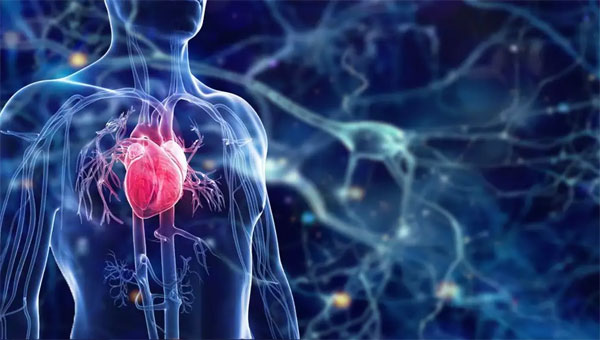Daijiworld Media Network - New Delhi
New Delhi, Oct 13: Noncommunicable diseases (NCDs) such as heart disease, stroke, and diabetes have overtaken infectious diseases as the primary causes of death and disability worldwide, according to a major global study published in The Lancet and presented at the World Health Summit in Berlin.
Drawing on data from the Global Burden of Disease (GBD) project, the study found that nearly two-thirds of all global mortality and morbidity in 2023 was due to NCDs. This marks a dramatic shift from previous decades, when infectious diseases were the dominant health threats.
In 1990, diarrhoeal diseases were the leading cause of death, with an age-standardised mortality rate (ASMR) of 300.53 per 100,000 people. By contrast, in 2023, ischaemic heart disease was the top cause, with an ASMR of 127.82 per 100,000. Other top contributors to death and disability included stroke, diabetes, chronic obstructive pulmonary disease (COPD), lower respiratory infections, and neonatal disorders.

COVID-19, which was the leading cause of death in 2021 during the height of the pandemic, dropped to 20th place in 2023. The study noted that while the pandemic disrupted global health trends, the focus is now shifting back to long-term challenges posed by chronic illnesses.
Researchers also pointed out that nearly half of all deaths and disabilities could be avoided by addressing modifiable risk factors. These include reducing high blood sugar levels, managing body weight, limiting exposure to air pollution and lead, and adapting to increasing heat stress linked to climate change.
Dr. Christopher Murray, Director of the Institute for Health Metrics and Evaluation (IHME) at the University of Washington, called the findings a wake-up call for global health systems. He stressed the need for governments and healthcare leaders to act swiftly in response to the evolving health landscape driven by ageing populations and lifestyle-related risk factors.
The comprehensive study analysed data from 204 countries and territories and 660 subnational regions between 1990 and 2023. It covered 375 diseases and injuries and 88 different risk factors, providing one of the most detailed pictures yet of global health.
Despite the rise in NCDs, the study noted some positive trends. The global age-standardised mortality rate has declined by 67% since 1950, and life expectancy has returned to pre-COVID levels—76.3 years for women and 71.5 years for men. Infant deaths have also seen a significant decline.
However, there are growing concerns about increased mortality among adolescents and young adults, largely due to suicide, drug overdoses, and excessive alcohol use. Mental health issues are also on the rise, with anxiety disorders up by 63% and depressive disorders increasing by 26%. The study highlighted sexual abuse and intimate partner violence as major, yet preventable, contributors to both physical and mental health conditions.
The findings present a clear message: while the world has made major strides in tackling infectious diseases and extending life expectancy, the next great challenge lies in combating the complex and rising burden of chronic diseases and mental health disorders.